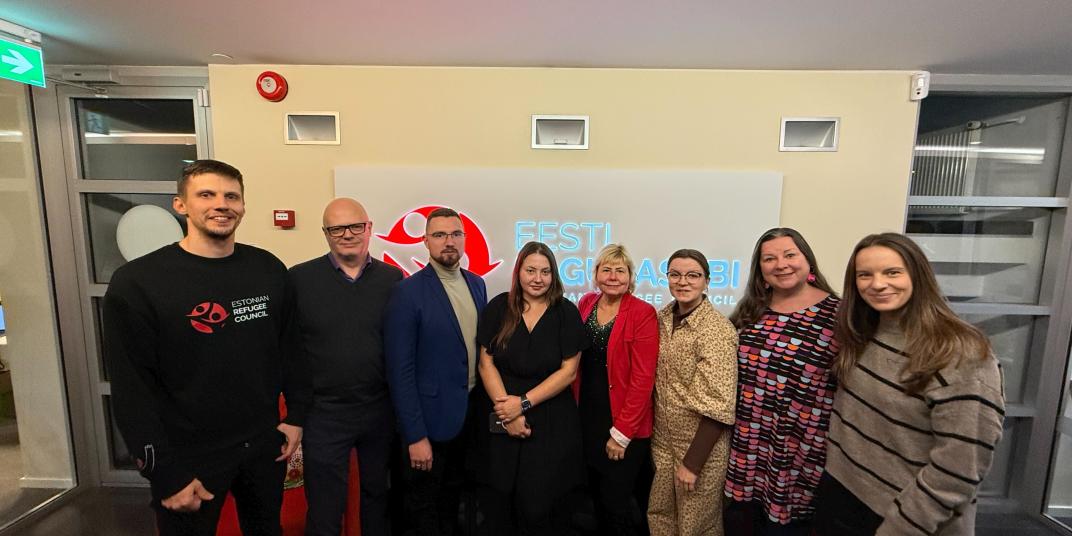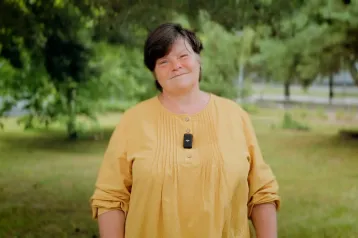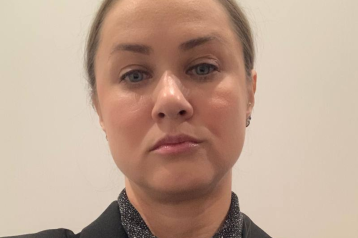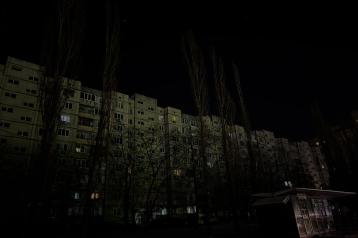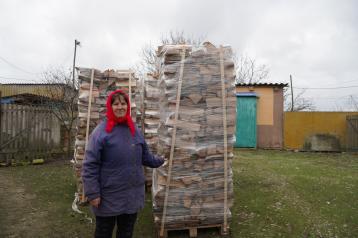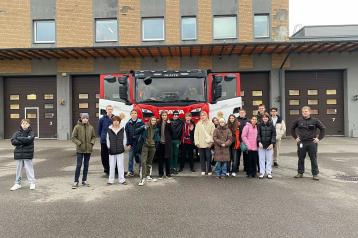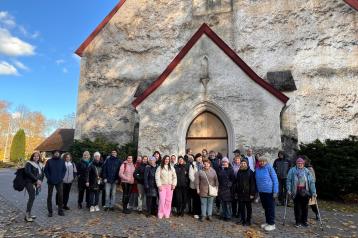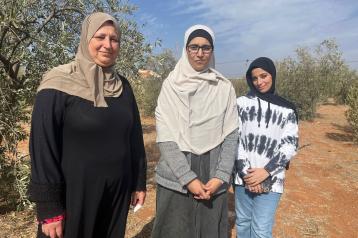Countries
The project, which aimed to map out opportunities for people with a refugee background to enter the labour market, culminated in an Estonian visit at the beginning of November. During the visit, participants explored the activities and initiatives of the Estonian Refugee Council and the opportunities available to refugees in Estonia.
The project’s goal was to enhance the capacity of non-governmental organisations in Estonia, Latvia, and Finland to provide better labour market access opportunities for people with migration and refugee backgrounds through knowledge and experience sharing and collaboration.
During the two-day visit to Estonia, we introduced our Finnish and Latvian colleagues to our organisation’s activities across different countries and provided an overview of how we support people with refugee backgrounds in entering the labour market and starting entrepreneurial journeys through various programmes. Additionally, Aleksandr Avramenko, the Head of Donor and Partner Relations at the Estonian Refugee Council, presented the organisation’s principles on donor relations, focusing on strategy and the sustainability of donations.
We also invited Kadri Tiisvelt, a partner from Garage48, who presented their activities and their long-standing collaboration with the Estonian Refugee Council. Kseniia, a participant in the “Empowering Women” programme who now works as a project manager at Garage48, also shared her experiences.
The project’s official closing session, conducted together with Merle Kuusk, a representative of the project’s funder, the Nordic Council of Ministers, involved assessing the anticipated impact and outcomes of the project and drafting potential future actions. We identified the importance of building and expanding networks, providing practical tools, and sharing essential knowledge with others as key areas for further focus. On the second day of the visit, we also participated in the Estonian Refugee Council’s humanitarian conference, where experts from around the world discussed topics such as the role of ethics in humanitarian aid, anticipatory action, and the integration of artificial intelligence into the humanitarian field.
The project, titled “Knowledge Exchange on Labour Market Access Modalities for Refugees,” ran from August to early November this year and consisted of three study visits.
The first visit took place in September to Finland, where the organisation Startup Refugees was visited. During this visit, we gained valuable insights from our northern neighbours on how to support people with migration backgrounds in accessing the local labour market. Their daily work is characterised by close cooperation between their organisation and various businesses and institutions, making the process of employment smoother for the target group.
The second visit was to Latvia, where we engaged with Shelter “Safe House,” an organisation focused on providing legal assistance to victims of human trafficking and labour exploitation and supporting them through judicial proceedings. We also visited Shelter “Safe House’s” partner organisations, and the visit concluded with a seminar co-hosted by the Stockholm School of Economics, UNHCR, Providus, the Estonian Refugee Council, and Shelter “Safe House,” where we discussed the integration of Ukrainian refugees into the Baltic labour markets.
The project was funded by the Nordic Council of Ministers.
